Belarus declares receipt of Russian nukes, vows use if attacked
Belarusian President Alexander Lukashenko has declared receipt of the first shipment of Russian tactical nuclear weapons deployed to the country as a deterrent, but vowed to use them if attacked.
He further clarified in an interview on Tuesday that the decision to deploy the nuclear weapons in Belarus came after he made a "friendly request" from his Russian counterpart Vladimir Putin, but emphasized that he will not hesitate to use them if his country comes under attack.
“That was my request. Russia didn’t impose it on me,” Lukashenko underlined as cited by local media outlets. “Nobody has ever gone to war with a nuclear state, and I don’t want anyone to go to war with us. Is there such a threat? Yes. I have to counter this threat.”
"We have always been a target," he added. "They (the West) have wanted to tear us to pieces since 2020. No one has so far fought against a nuclear country, a country that has nuclear weapons."
Minsk has accused members of the US-led NATO military alliance bordering Belarus -- notably Poland -- of keeping an excessive number of troops in positions that could mark a precursor for an attack.
Lukashenko has also blamed NATO-backed Ukraine for staging several provocations near the the country's border.
“God forbid I will have to make a decision to use this kind of weapon in our time," he then stressed, insisting, however, that "there will be no hesitation, if there is aggression against us.”
Moscow first declared its decision to deploy nuclear weapons in Belarus in March, likening the move to Washington's decades-old practice of positioning parts of its nuclear arsenal in non-nuclear countries such as Turkey, Italy and Belgium.
Putin pointed to the arrangement of stationing some of Russia's tactical nuclear arms in Belarus during a meeting with Lukashenko earlier this month, saying that preparations to station the weapons on Belarusian soil was in its final stage.
Lukashenko told the media on Tuesday that the only grounds for the weapons to be used would be an attack on Belarus.
Belarus borders three NATO member countries: Lithuania, Latvia and Poland.
Putin who met with Lukashenko in Sochi said the Russian "Iskander" mobile short-range ballistic missiles, which can deliver nuclear warheads with a range of 500 kilometers, had already been delivered to the country.
Russian Sukhoi-25 Grach jet fighters have reportedly been redesigned to carry the warheads.
If the "Iskander" missile were to be launched from the main air base outside Minsk, the projectiles could potentially reach virtually all of Eastern Europe, including a host of NATO member states, as well as cities such as Berlin and Stockholm.
Iran’s layered arsenal primed to deter – and decimate – US warships in Persian Gulf
Iranian commander dismisses US military buildup in West Asia as ‘theatrical gesture’
Trump ‘curious’ why Iran hasn’t ‘capitulated’ despite massive US military buildup: Witkoff
Hawkish US senator pushes Trump to ignore aides, press ahead with war against Iran
Far-right, anti-Islam protest sparks counter-protests in Manchester
Press TV's news headlines
Sudan’s mining sector suffers $7 billion loss amid ongoing civil war
Ansarullah slams Israel’s massacre in east Lebanon, urges unified Arab action


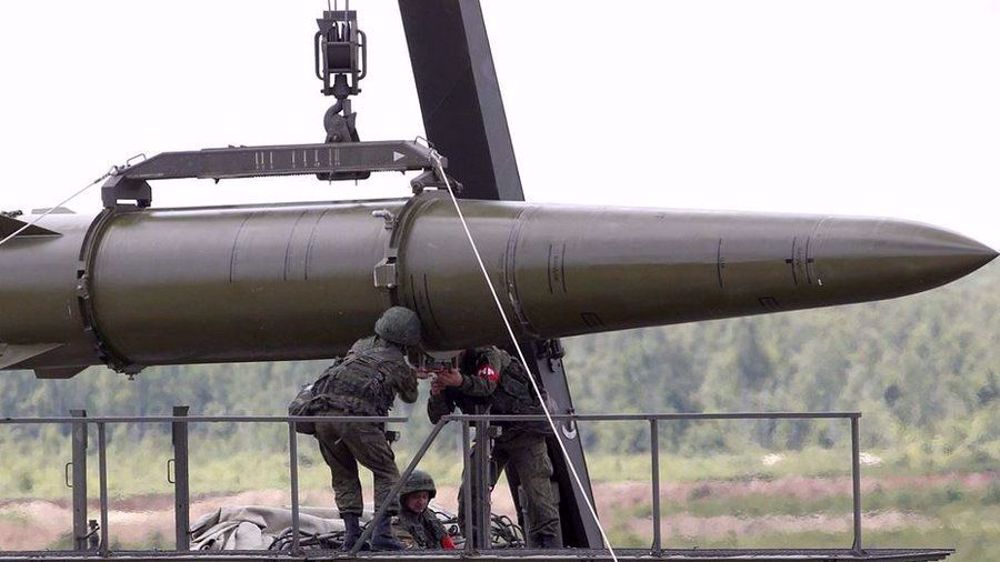
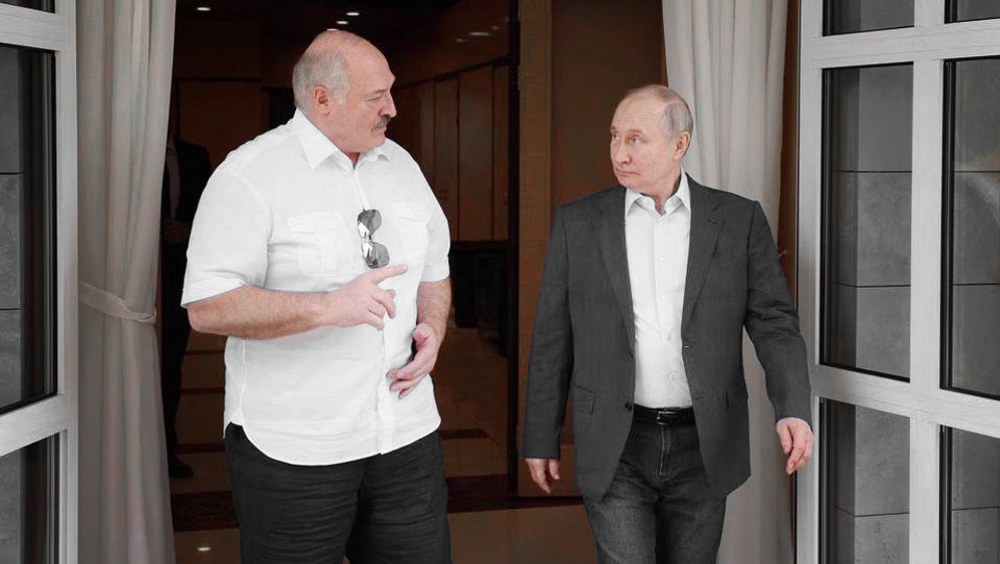

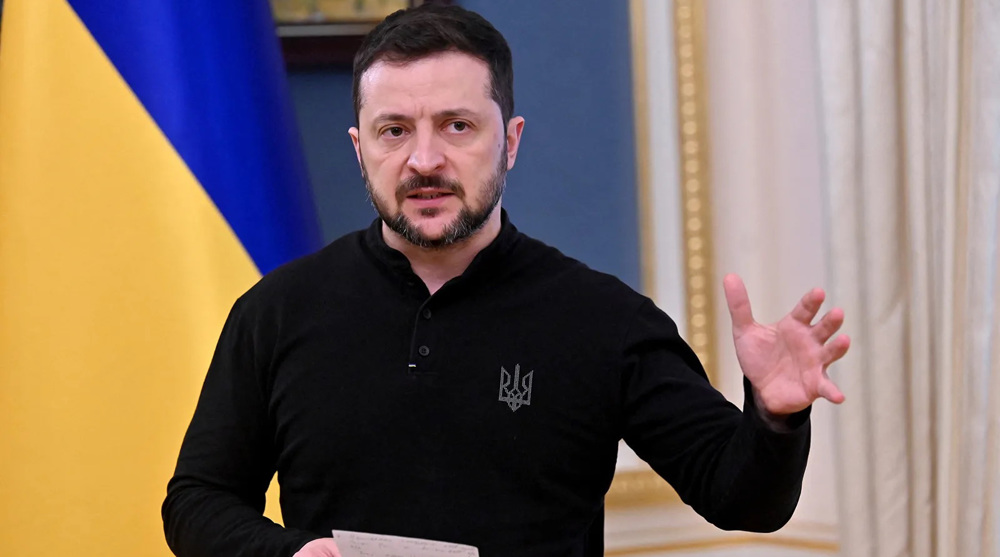
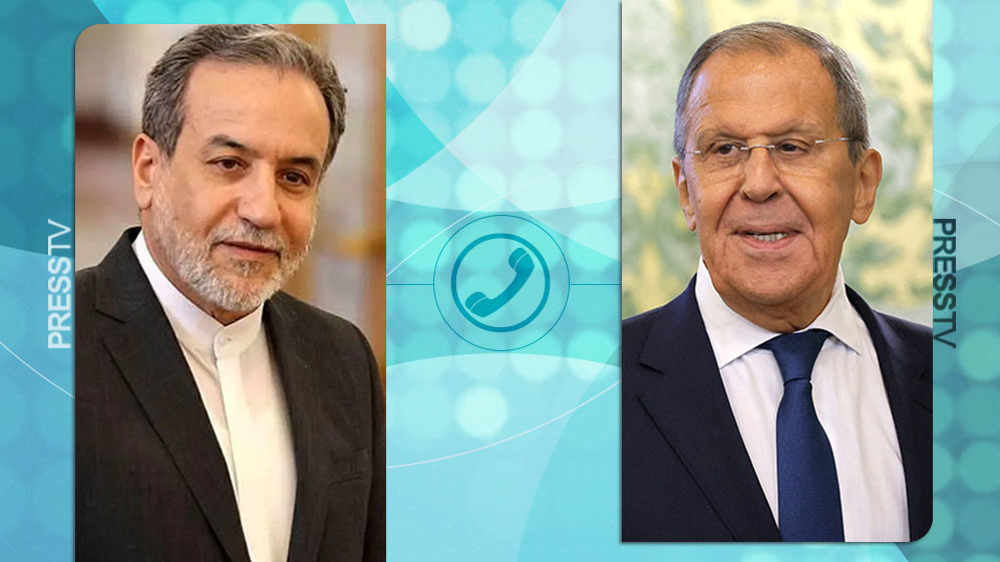
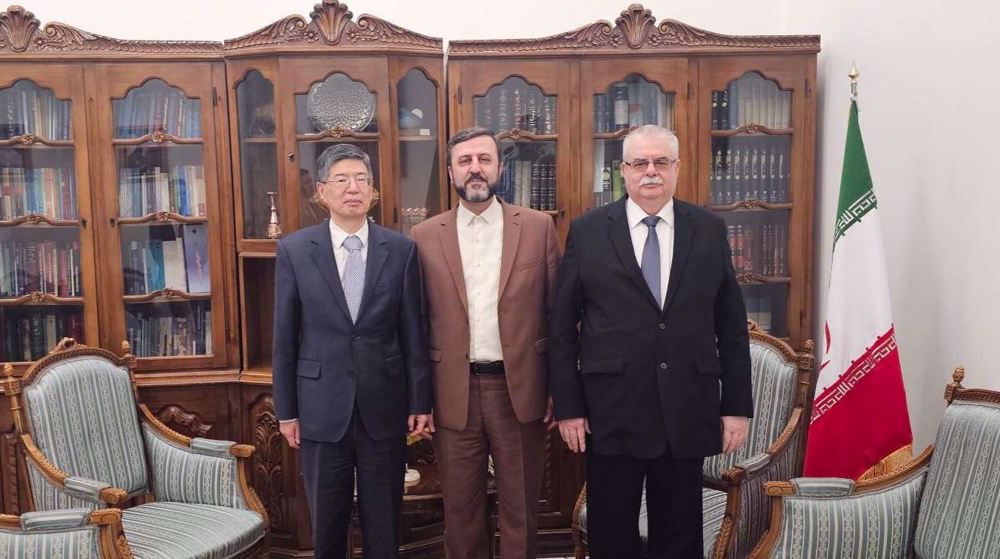






 This makes it easy to access the Press TV website
This makes it easy to access the Press TV website